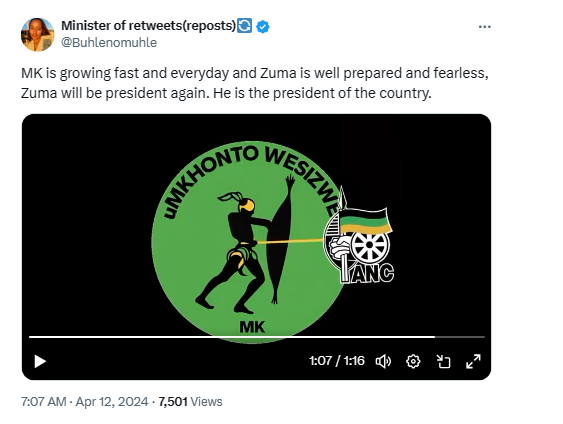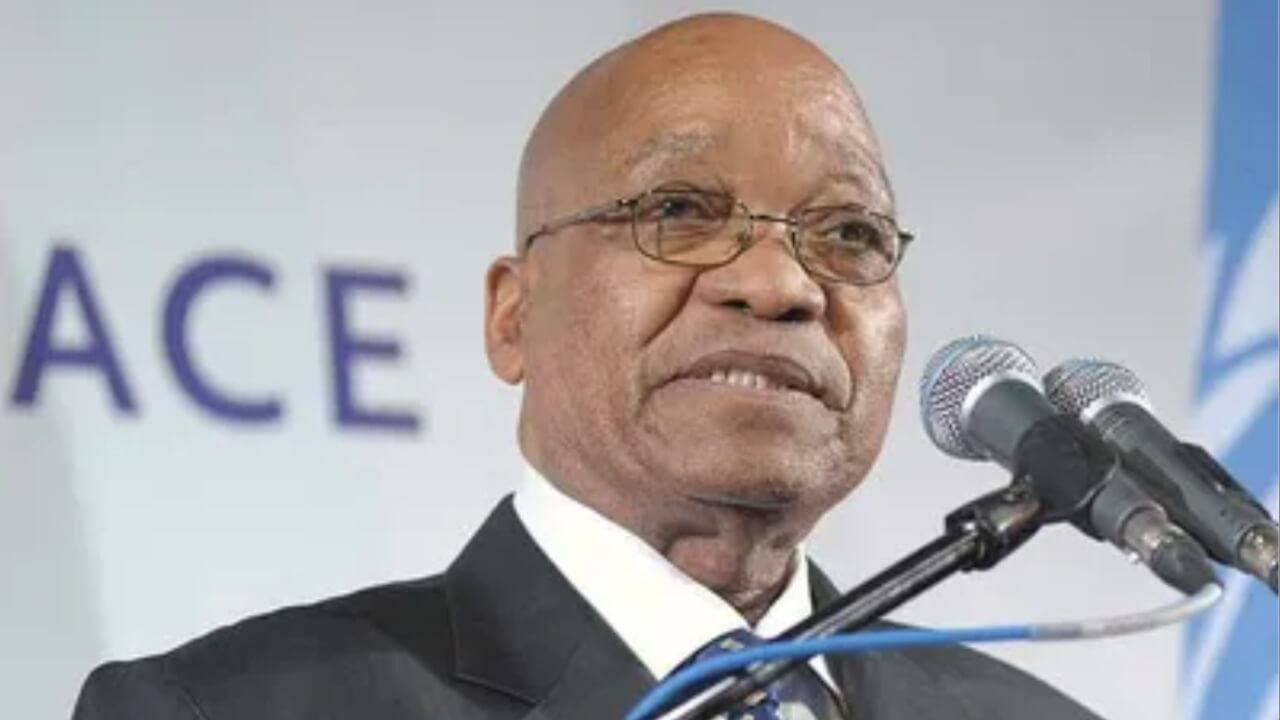Zuma’s Sins: A Legacy of Populist Lies and Corruption
Jacob Zuma’s political journey is a saga marked by controversy, beginning with his dismissal as Deputy President in 2005 by Thabo Mbeki due to corruption allegations. Despite this setback, Zuma adeptly recast himself as a victim of political witch-hunting, a narrative that resonated with many, particularly within trade unions and the working class. His ascent to the presidency in 2009, following his election as ANC leader two years prior, was built on a platform of populist promises aimed at these very groups.
Under Zuma’s leadership, South Africa’s unemployment rate worsened, climbing from 22% to 28%, a clear indicator of economic mismanagement. Phumlani Majozi of the Free-Market Foundation highlighted this increase as a sign of failing economic policies under Zuma’s administration. This period also saw the country’s credit rating descend to junk status, reflecting global apprehensions about the health of South Africa’s economy.
Zuma’s presidency was heavily shadowed by his association with the Gupta family, which became emblematic of corruption and undue influence in government. This relationship facilitated a network of corruption that extended into various sectors of government, manipulating state resources and strategic positions to protect and extend their business interests. The infamous “Guptagate,” involving the unauthorized landing of a Gupta family aircraft at Waterkloof Air Force Base, brought this issue to the fore, sparking widespread public and political backlash.
On April 7, 2017, major protests erupted across South Africa, driven by public fury over Zuma’s corrupt practices and a controversial cabinet reshuffle in March that many saw as benefiting the Gupta family’s interests. This groundswell of discontent played a significant role in the eventual resignation of Zuma in February 2018, pressured by his party and the citizenry.
Public and Political Reaction
Zuma’s governance, rife with corruption, left a significant portion of the South African population disillusioned. Mthokozisi Mthembu, a job seeker in Durban, expressed a common sentiment among South Africans: disappointment and betrayal by a leader who prioritized personal gain over national welfare. This perception is supported by Al Jazeera’s coverage, which details the broader economic struggles and job market challenges under Zuma’s rule.
The Guptas’ manipulation of their political connections, particularly with Zuma, highlights a deep-seated problem of corruption that transcends one presidency. Their involvement in key political appointments and alleged financial irregularities underlines the systemic issue of corruption within South African politics.
THE MK PARTY’S ROLE AS A RADICAL AND DISRUPTIVE FORCE
The MK Party, known for its alignment with Zuma loyalists, has shown a propensity for violence and disruption, especially with threats to destabilize elections if excluded from the ballot. This was evident from statements made by individuals like Visvin Reddy, who openly threatened civil unrest, potentially inciting violence to leverage political power. Additionally, there are reports of a video being circulated among MK Party supporters, which hints at preparations for potential protests on May 30. However, no specific details or links to this video can be provided as they are not publicly verified. This rumoured video adds to the concerns about the party’s readiness to engage in disruptive actions that threaten public safety and the stability of South African democracy.

Furthermore, the MK Party, with its radical and often violent tactics, represents a significant threat to the stability and safety of South African society. Their readiness to disrupt the electoral process and instigate violence if excluded from the ballot raises serious concerns about the future of democracy in South Africa. Such actions not only undermine the rule of law but also erode the foundational democratic principles that are essential for the nation’s progress.
As South Africa continues to deal with the fallout from Zuma’s presidency and the disruptive antics of the MK Party, it is imperative for all segments of society government, civil organizations, and the electorate to remain vigilant. South Africans must champion transparency, accountability, and inclusiveness in politics to safeguard their democracy. The path forward involves a collective effort to heal and rebuild trust in political institutions, ensuring that the nation’s leadership is reflective of the public’s best interests and not those of a select few.
This chapter in South Africa’s history serves as a critical lesson on the dangers of corruption and the power of public dissent. It underscores the importance of active civic engagement and the need for robust mechanisms to hold leaders accountable. Only through sustained effort and commitment to democratic values can South Africa hope to move beyond the shadows of the Zuma era and towards a more stable and prosperous future.
